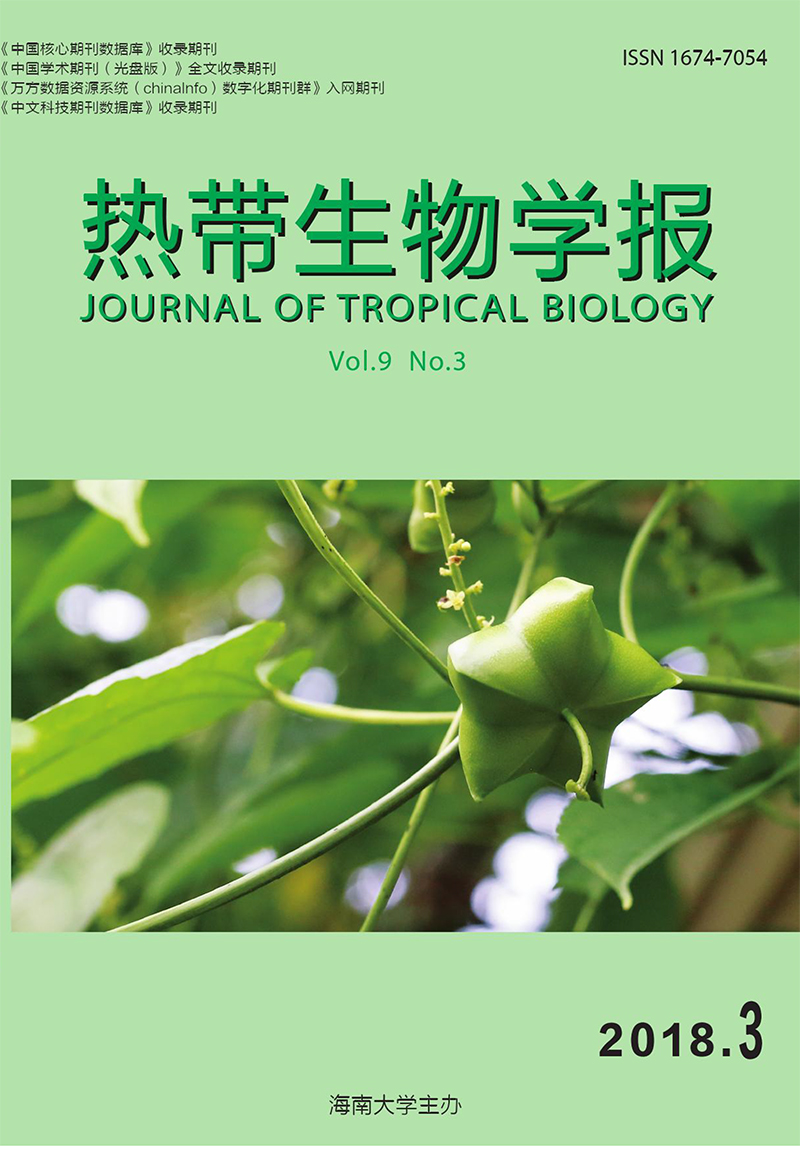Effects of Titanium Dioxide Nanoparticles on SOD Activity in Zebrafish
doi: 10.15886/j.cnki.rdswxb.2018.03.002
- Received Date: 2018-04-22
- Rev Recd Date: 2018-05-07
-
Key words:
- TiO2 NPs /
- zebrafish /
- superoxide dismutase /
- enzyme-linked immunosorbent assay /
- real-time quantitative PCR
Abstract: An attempt was made to observe the effect of rutile titanium dioxide nanoparticles( TiO2 NPs) on oxidative damage of zebrafish( Danio rerio). Adult zebrafish was exposed to TiO2 NPs at the concentrations of 10,50 and 100 mg·L-1 for 10 days with the exposure to the bulk TiO2 (100 mg·L-1) as the control. Twenty adult zebrafish were treated at each concentration,and six fish treated were caught to analyze their changes of superoxide dismutase(SOD) activities in the gills,livers and guts. The SOD was used as a bimarker,and the SOD changes at the protein and molecular level were analyzed by using the enzyme-linked immunosorbent assay( ELISA) and real-time quantitative PCR( Q-PCR). Results showed that the TiO2 NPs decreased the SOD activity in the gill and liver tissues of zebrafish,but had little effect on the SOD activity in the gut tissue. The sod gene expression was up-regulated by 2-3 times in the three tissues. It is concluded that long-term exposure of zebrafish to TiO2 NPs can give an impact on the SOD level within the body of zebrafish and cause oxidative damage to gills and livers of zebrafish.
| Citation: | ZHANG Zhang, TANG Wenhao, TANG Tianle. Effects of Titanium Dioxide Nanoparticles on SOD Activity in Zebrafish[J]. Journal of Tropical Biology, 2018, 9(3): 274-280. doi: 10.15886/j.cnki.rdswxb.2018.03.002 |







 DownLoad:
DownLoad: